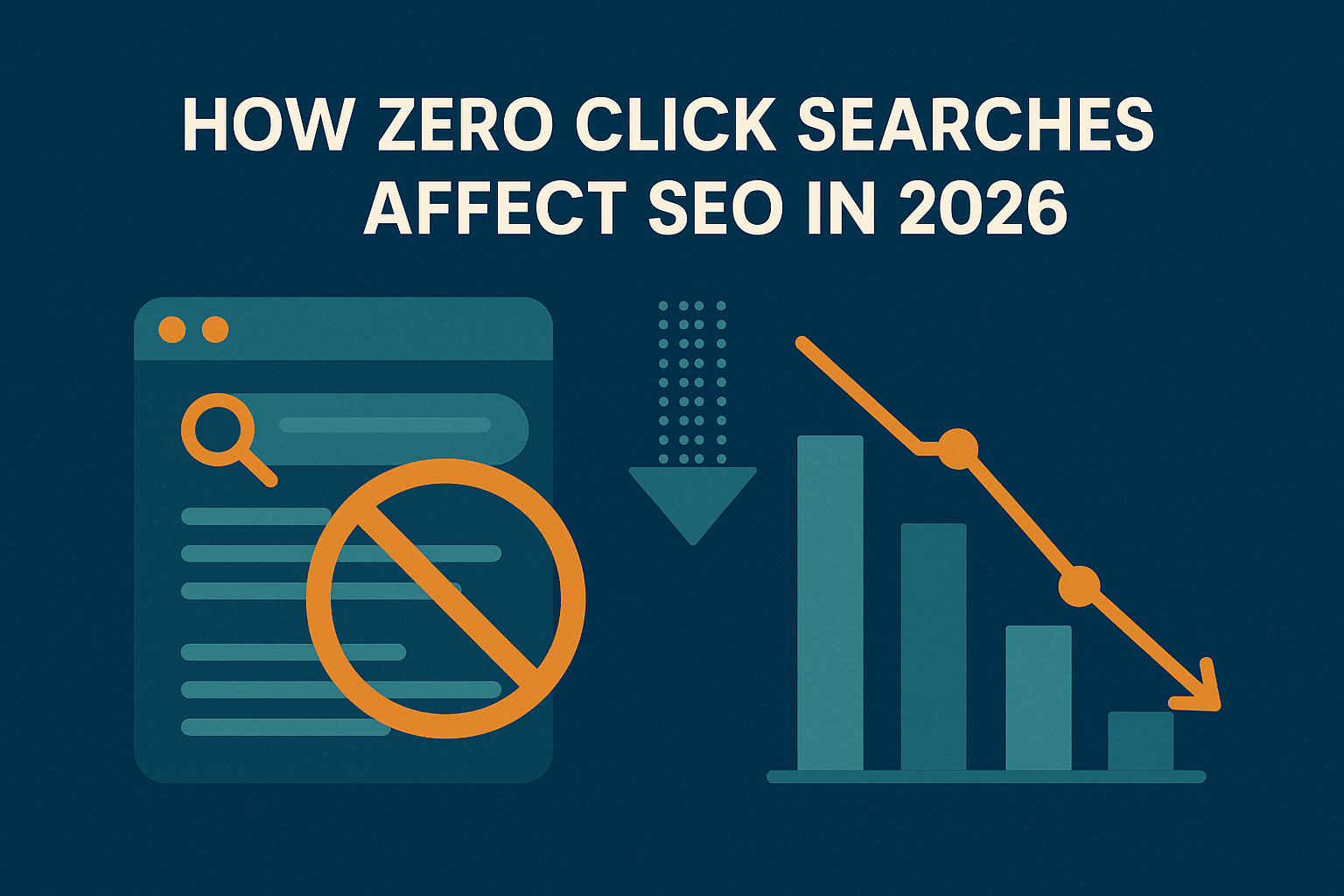Virtual SEO Assistant for Google Map Competitor Analysis
A Virtual SEO Assistant can play a key role in Google Maps Competitor Analysis, especially for businesses that rely on local search results to attract customers. By optimizing your Google My Business (GMB) profile and analyzing your competitors' presence on Google Maps, a Virtual SEO Assistant can help you identify strategies to improve your local SEO performance. Here's how a Virtual SEO Assistant can assist in competitor analysis for Google Maps:
1. Identify Key Competitors on Google Maps
The first step in any competitor analysis is identifying who your competitors are. A Virtual SEO Assistant can research and identify businesses that show up for relevant local searches in your industry or geographic area.
- Key Tasks:
- Conducting local searches using relevant keywords (e.g., "landscaping services near me") to identify top competitors on Google Maps.
- Analyzing the top-ranking businesses in your local area to determine their strengths and weaknesses.
- Tracking competitors’ proximity, location, and the service areas they cover on Google Maps.
2. Review Competitors’ Google My Business Profiles
A strong Google My Business (GMB) profile is essential for visibility on Google Maps. Your Virtual SEO Assistant can audit competitors' GMB profiles to understand how they’re leveraging key elements of their listing.
- Key Tasks:
- Analyzing GMB profile elements such as business name, category, address, phone number, website link, and business hours.
- Reviewing the quality of images, posts, and videos uploaded to the GMB profile (visual content plays an important role in attracting attention).
- Checking how competitors are managing customer reviews, the volume, and the overall star rating.
- Assessing the types of services, FAQs, and special features listed on competitors' GMB profiles.
3. Assess Competitors’ Customer Reviews and Ratings
Reviews are a major ranking factor for Google Maps and can influence potential customers. A Virtual SEO Assistant can track and analyze competitors' customer reviews to identify both their strengths and weaknesses.
- Key Tasks:
- Monitoring the number and quality of customer reviews on competitors' GMB profiles.
- Analyzing customer feedback to see what your competitors are excelling in and where they may be lacking.
- Assessing how competitors respond to reviews—whether they engage with both positive and negative feedback.
- Identifying common themes or pain points in reviews to find areas of opportunity for your own business.
4. Evaluate Competitors’ Website and Google Maps Integration
Your website plays a key role in your local SEO and Google Maps ranking. A Virtual SEO Assistant can assess how well competitors’ websites are integrated with their Google Maps presence.
- Key Tasks:
- Reviewing whether competitors have a dedicated landing page for their local services or locations that are optimized for local search.
- Checking for the inclusion of schema markup (structured data) on competitors’ websites, especially for local business schema.
- Analyzing competitors' website SEO elements, such as location-based keywords, on-page optimization, and local backlinks.
- Ensuring that competitors have their Google Maps embed on their website, linking their site and map listings together.
5. Assess Competitors’ Local Listings and Citations
Consistent and accurate local business citations (mentions of your business name, address, and phone number on other websites) are important for local SEO, especially for Google Maps ranking. A Virtual SEO Assistant can analyze competitors’ local citations to identify where they are being mentioned online.
- Key Tasks:
- Identifying where competitors are listed on local business directories, review sites, and other authoritative sources.
- Checking for consistency in the Name, Address, and Phone Number (NAP) details across multiple sites.
- Building a strategy to gain citations on relevant, high-authority local platforms that competitors may be missing.
6. Monitor Competitors’ Google Maps Ranking Trends
A Virtual SEO Assistant can track the ranking trends of competitors on Google Maps to see how their local visibility changes over time. This can help inform your own strategy and highlight areas of improvement.
- Key Tasks:
- Using tools like BrightLocal, Moz Local, or Whitespark to track competitors’ rankings in Google Maps for targeted local keywords.
- Setting up alerts to monitor changes in competitors’ Google Maps rankings and their business profiles.
- Analyzing seasonal or strategic trends in rankings, such as special promotions, seasonal offerings, or reviews, that may impact visibility.
7. Analyze Competitors’ Google Map Markup
Google uses local signals (such as Google My Business optimization, reviews, and citations) to rank businesses on the Maps listing. A Virtual SEO Assistant can evaluate how competitors are using Google Maps-specific elements like pins, location markers, and map-rich features.
- Key Tasks:
- Evaluating competitors' locations on Google Maps to understand the geographic reach they target.
- Ensuring that your GMB profile has optimized location markers, working to improve your own visibility in highly competitive areas.
- Analyzing how competitors use Google Maps Ads (if applicable) to target customers in your area.
- Studying any new Google Map features or updates competitors are utilizing (like the use of categories, attributes, or service areas) that you may want to implement in your profile.
8. Identify Competitor Keywords for Local SEO
The right local keywords can significantly impact your visibility on Google Maps. A Virtual SEO Assistant can help you identify which keywords competitors are ranking for, providing insights into local keyword strategies that could boost your own rankings.
- Key Tasks:
- Conducting keyword research based on local search volume and analyzing which keywords competitors are targeting in their GMB profiles and websites.
- Identifying keyword gaps—keywords competitors are ranking for that you might not be targeting.
- Helping you optimize your own GMB profile, website, and content to target these high-value local keywords.
9. Competitor Content Analysis for Google Maps
Competitors may also leverage Google Posts and other content marketing strategies through their GMB profiles to improve visibility on Google Maps. A Virtual SEO Assistant can analyze their content to discover new opportunities.
- Key Tasks:
- Reviewing the types of posts competitors are sharing via their Google My Business profiles (e.g., promotions, events, updates).
- Analyzing how often they update their posts and the types of offers or updates they highlight.
- Developing a content strategy that leverages Google Posts effectively to keep your profile fresh and engaging.
10. Reporting and Recommendations
After analyzing the competition, a Virtual SEO Assistant can provide you with a detailed report and actionable insights. This allows you to adjust your strategy to compete effectively on Google Maps.
- Key Tasks:
- Providing regular competitor analysis reports that highlight key findings and opportunities.
- Offering recommendations on how to improve your Google Maps presence, such as optimizing your GMB profile, gaining more reviews, or enhancing your citations.
- Monitoring competitors’ progress and adapting your strategy to stay ahead in local rankings.
A Virtual SEO Assistant can be a powerful resource for conducting Google Maps Competitor Analysis. By analyzing key factors like Google My Business profiles, customer reviews, website integration, local citations, and ranking trends, they help you gain a competitive edge in local SEO. This ensures that your business stands out in local searches, driving more customers to your physical location and increasing visibility on Google Maps.










